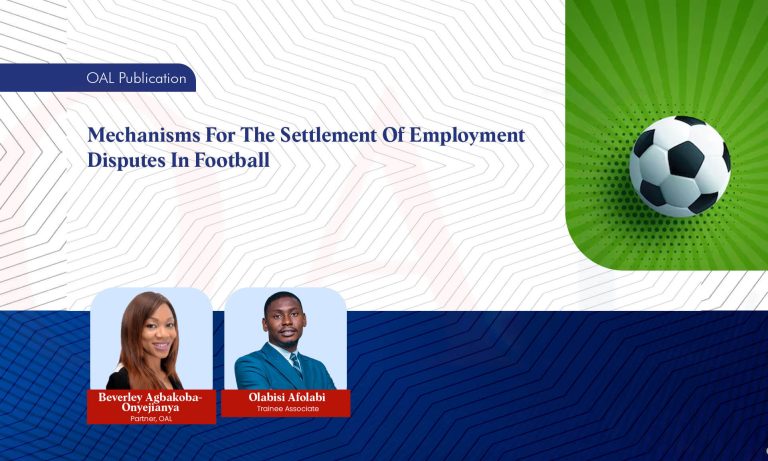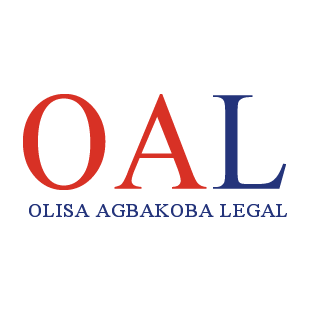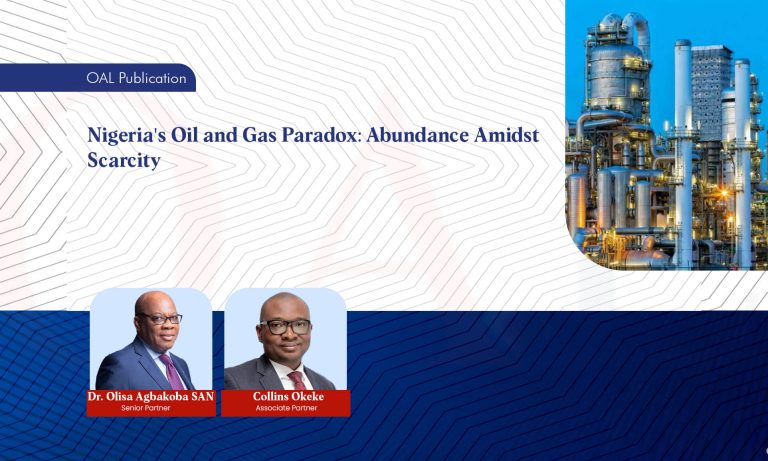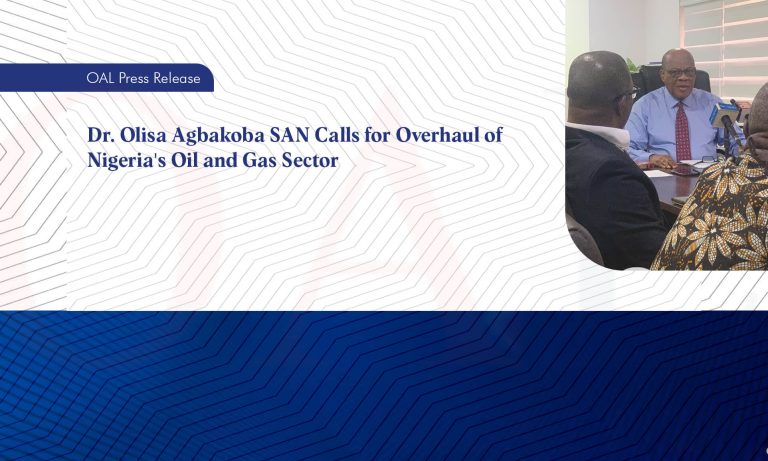

Sports Betting and Consumer Protection in Nigeria – an article by Olayinka Suara – Associate (Sports, Entertainment and Technology Practice) Olisa Agbakoba Legal
This exceptional growth can be attributed to the growing /popularity trend/interest in betting in the country, especially the number of youths, given increased access to digital telephones, successful internet penetration and increased access to internet-enabled devices coupled with having the youngest population of under 30 in Africa, the ingredients for its extraordinary success is perhaps not surprising.
“So what exactly is sports betting? The definition of sports betting” is, placing a financial wager on the outcome of a sporting match, as well as on events that occur within the larger match or fixture. In Nigeria, the number of sports betting companies offering a variety of styles and formats seems to be growing faster.
Some of the popular betting platforms in the country include; Naijabet, Nairabet, Betway, Bet9ja, Sportybet, Merrybet, etc. Typically, all the aforementioned betting companies create an open platform for prospective punters to place bets and predict the outcome of a game usually in sports though it need not be restricted to sports e.g. Fans that predict correctly are rewarded and those whose predictions were wrong to lose their monies. This is fast becoming the order in Nigeria, as fans that are “fans enough” go a step further to “stake” on the higher level of fandom and expertise in the football understanding.
Sports’ betting is a big business globally, much so, it is now taxable and regulated as a legitimate business (Requirement of Online Sports Betting in Lagos 2015; National Sports Policy of Nigeria 2009). For instance, according to Statistical Portal (2015), even though it may be difficult to accurately estimate the total value of global sports betting, due to the inconsistency in the regulatory and financing environments, responsible surveys estimate the value of sports betting industry at around 700 billion U.S. dollars and 1.000 billion U.S. dollars, while in fact the illegal betting only might be as a high as 500 billion U.S. dollars.
Some bookmakers have speculated that the sports betting industry is now worth over one trillion U.S. dollars. It is also worth noting that any figure on the process of betting is merely indicative of the official gambling. Most gambling activities are undocumented and operate at the informal levels amongst friends, colleagues, spouses, relatives, and even enemies, and could be worth as much as billions of U.S. dollars globally.
Generally, online gambling is a fast-growing business with an estimated annual growth rate of 12%, according to Global Betting and Gaming Consultants (2011), and this is driven by globalization and technology. In the United States, asides from the states of Nevada who have had Sports betting Laws enacted since 1949, all other states have recently introduced laws to enable sports betting for the first time save for three( Idaho, Wisconsin, and Utah). Countries like the UK, Canada, Kenya, Ghana, South Africa, etc. also have laws regulating sports betting and it is entirely legal in these countries.
Sports Betting/ Gambling Regulations in Nigeria
Gambling in Nigeria is regulated by the National Lottery Regulatory Commission (NLRC). The lottery was legalised by the National Lottery Act, 2005, and regulation of gambling and betting activities is provided for in Chapter 22 of the Criminal Code Act enacted in 1990. The law splits the games into two categories: The legal and illegal games. The legal games are lottery, land-based casino, and sports betting. Roulette, dice games, and non-skilled card games on the other hand are illegal.
It should be noted that online sports betting games are permissible, however, according to sec 2(b) the National Lottery Regulations, 2007, adverts must adhere strictly to government policies on social responsibility in designing, advertising, and marketing campaign as relates to an advertisement. It must also conform to the Nigerian Code of Advertising Practice made pursuant to the Advertising Practitioners (Registration etc) Act.
The Consumer Protection Council Act (1992 No. 66) Consumer Protection (Sales Promotion) Regulations 2005
The laws and regulations governing gambling in Nigeria can be a little confusing because there is no cut and dried law or legislation that solely addresses gambling in Nigeria. Instead, there are two Acts that make reference to gambling in terms of what is illegal or not allowed, and what is legal and allowed.
Apart from the Criminal Code Act, over the years, other laws have been passed to regulate sports betting in Nigeria, they include;
- The Gaming Machines (Prohibition) Act of 1977
- Criminal Act
- National Lottery Act 2005
- National Lottery Regulations 2007 (as amended)
- Lagos State Lotteries Law 2004 (applicable only in Lagos State) among various lotteries laws in other states.
Government Agencies Regulating Gaming in Nigeria
- National Lottery Regulatory Commission (NLRC)
- Lagos State Lotteries Board (LSLB)
- Other State Lotteries Boards
Consumer Protection in Sports Gambling
Consumer protection is important and necessary for the growth of any industry. It assures the Consumers of any service or commodity, that their interests are safeguarded from unfair practices. The interests of the consumers within the sports betting industry are protected by the regulatory agencies as stated above.
Agencies who also have the mandate to protect the rights of consumers are the Federal Competition and Consumer Protection Commission (FCCPC) and the Competition and Consumer Protection Tribunal (CCPT) The FCCPC and the CCPT are agencies of the Government under the supervision of the Federal Ministry of Trade and Investment, whose powers are derived from the Federal Competition and Consumer Protection Act, 2018. These two agencies are at present, the most powerful consumer redress and monitoring agency in Nigeria.
The FCCPC has wider investigative and enforcement powers whilst the CCPT on the other hand acts as a quasi-judicial body to which appeals from the decisions of the FCCPC and decisions of any sector specific regulatory authority in a regulated industry in respect of consumer protection matters will lie.
Furthermore, the Act stipulates a very steep penalty for contraventions. For instance, where there has been a contravention of any consumer rights, it stipulates a fine of 10% of the turnover of the business in the preceding business year.
In Nigeria, the conditions under which bettors place bets leave them without the protection that is available to other consumers in other industries in the economy especially in situations when consumers win huge sums of money. It is important to distinguish the two alternative and complementary legal routes to consumer protection. The first — the private — makes available a legal remedy to individual consumers who have experienced a breach of the terms of a contract (whether those terms have been imposed by statute or common law). By signing and agreeing to the terms of use of a betting company, a bettor automatically enters into a contract with a betting company.
The enforceability of contracts in Nigeria means that the courts and/or regulatory bodies will approve remedies to bettors who suffer loss in consequence of the conduct of the betting company. Furthermore, regulatory bodies are given the power to exact, through the courts, financial remedies from bookmakers in favour of identifiable bettors in consequence of the former’s breach of specified standards.
The second route to consumer protection is the public. The public imposes on the supplier of a service certain duties with which he or she must comply with. A detected breach may lead to societal backlash and as a result, loss of revenue and patronage. This approach typically involves leveraging public patronage and sympathy to protect consumers who have been treated unfairly by betting companies.
It is worthy of note to state that the terms and conditions that underpin a game of skill and chance between the players and company are basically contractual, however, they have to conform to regulations and laws of the country. For instance, a proposed betting or lottery company must obtain an appropriate license from NLRC before it can commence operation.
The financial requirements of obtaining a license include; registering a company with a minimum share capital of N30, 000, 000( Thirty Million Naira); An Application fee of N2, 000, 000 (Two Million naira), Permit Fee of N100, 000, 000(One Hundred Million Naira), however where the company is a member of the Association of Nigerian Bookmakers, a 50% concession is granted; and finally, a Bank Guarantee of at least N25, 000, 000 (Twenty Five Million Naira) must be provided. The Terms and Conditions of any betting company are also subject to the approval of regulators. The NLRC, as well as other State’ Lotteries Board and other regulatory bodies, have a huge role to play to protect consumers.
Evidently, the sports betting market, particularly, consumers need to be aware of their rights whenever they feel it is being infringed upon or they are being treated unfairly by Sports betting companies. Many bettors have been treated unfairly and have buried these issues under the carpet. However, with more awareness, many bettors can seek redress and protect their interests through regulatory bodies and regulations targeted at protecting consumers.
Author



